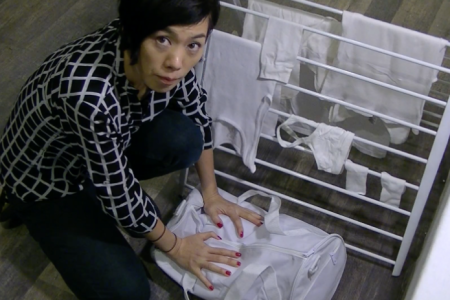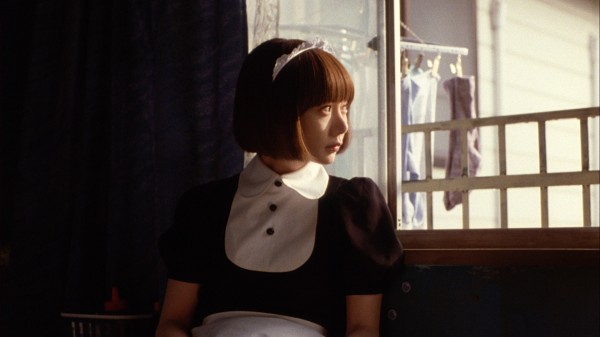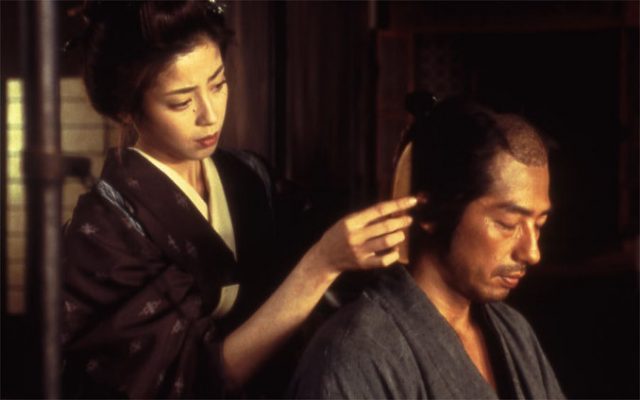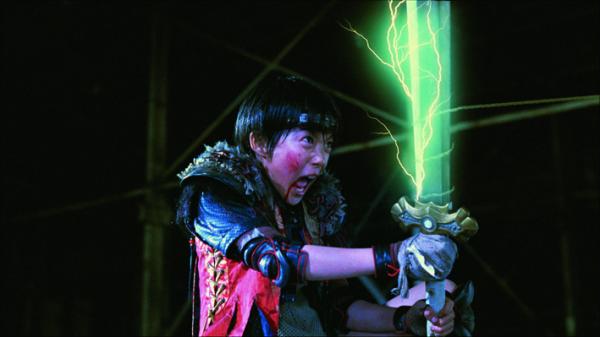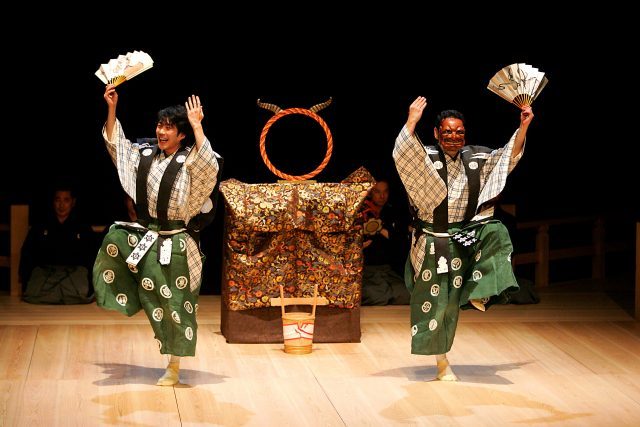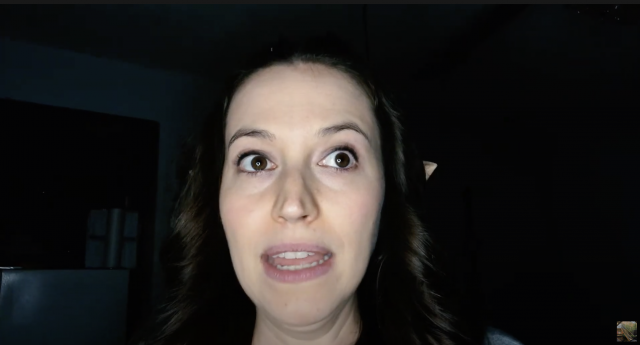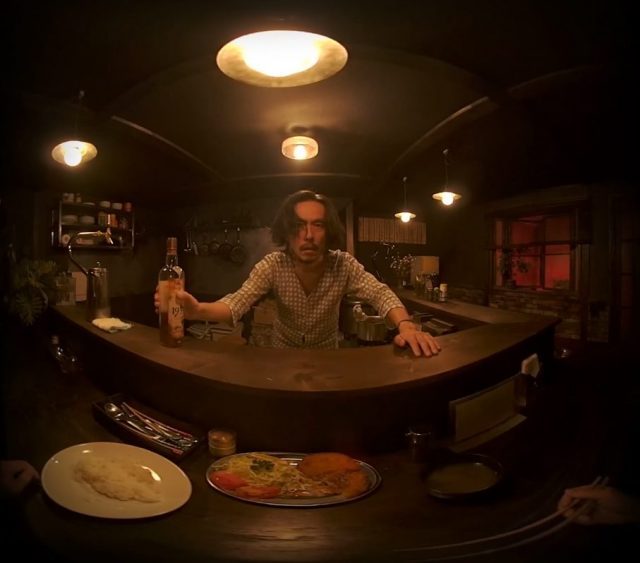
Kuro Tanino’s The Dark Master is a VR treat for the senses (photo © Japan Society)
THE DARK MASTER
Japan Society
333 East 47th St.
June 23-28, $45
212-715-1258
www.japansociety.org
Kuro Tanino’s The Dark Master was originally scheduled to be a fully staged production at Japan Society in January 2021 as part of a four-city US tour. However, because of the pandemic lockdown, Japan Society artistic director Yoko Shioya suggested that Tanino reimagine the piece for virtual reality. The result is a thoroughly satisfying and uniquely tasty experience, a delectable treat for the senses.
Continuing through June 28, The Dark Master is presented to ten audience members at a time, sitting in individual mirrored cubicles on Japan Society’s stage. Wearing headphones and VR headsets (and facemasks), you are taken into a tiny, claustrophobic restaurant where you are served food by a grouchy owner-chef (Kiyobumi Kaneko). He decides that you are to become the next cook, and your training begins as hungry customers come in and sit at the counter, excited for the carefully prepared fare.
Inspired by first-person video games and an indie manga written by Marei Karibu and illustrated by Haruki Izumi, The Dark Master immerses you in a mysterious world that can be as funny as it is creepy. Kaneko is a hoot as a surly smoker who seems relatively disinterested in what he’s doing yet creates miraculous dishes that not only look good but smell great — be prepared for a multisensory adventure. The virtual reality extends about 180 degrees, so be sure to turn to your right and left and up and down to take it all in; you are also given hands that hold a menu, pour a drink, and bring the victuals to your mouth, which could produce a sort of personal AMSR encounter A brief video at the end takes you behind the scenes of how some of it was done.
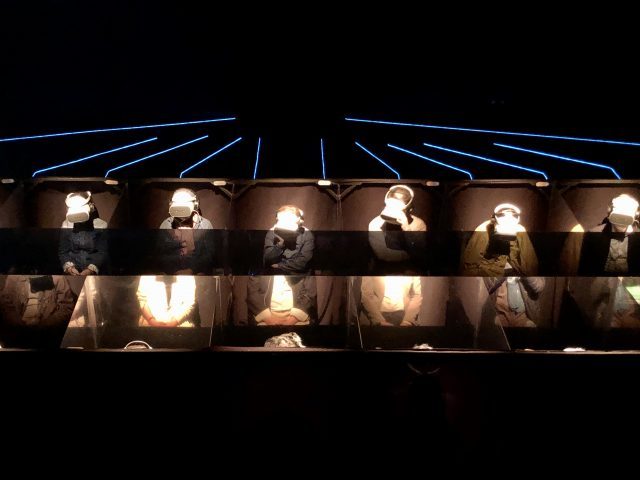
The Dark Master takes place for only ten people at a time at Japan Society (photo © Keizo Maeda)
A sculptor, painter, and former psychiatrist, Tanino (Frustrating Picture Book for Adults, Fortification of Smiles) literally and figuratively gets into your head for forty-five minutes as performers from his experimental theater company, Niwa Gekidan Penino (NGP), including Kaneko, F. O. Pereira Koichiro, and Bobmi Hidaka, traipse through the restaurant, with narration by Saika Ouchi. The dialogue has been dubbed into English by the original Japanese cast; the fab set is by Takuya Kamiike, with moody lighting by Masayuki Abe, crackling sound by Koji Sato and Shintaro Mastunomiya, and videography and editing by Nobuhiro Matsuzawa. In 2014, NGP made its American debut at Japan Society with The Room Nobody Knows, which featured a spectacular two-level set that represented the unconscious and subconscious minds. With this VR iteration of The Dark Master, Tanino serves up a wonderful physical and psychological meal, one that can be enjoyed together by strangers, just like watching theater or eating in a restaurant, two of life’s necessities (and genuine pleasures) that were unavailable for so much of the last sixteen months.
